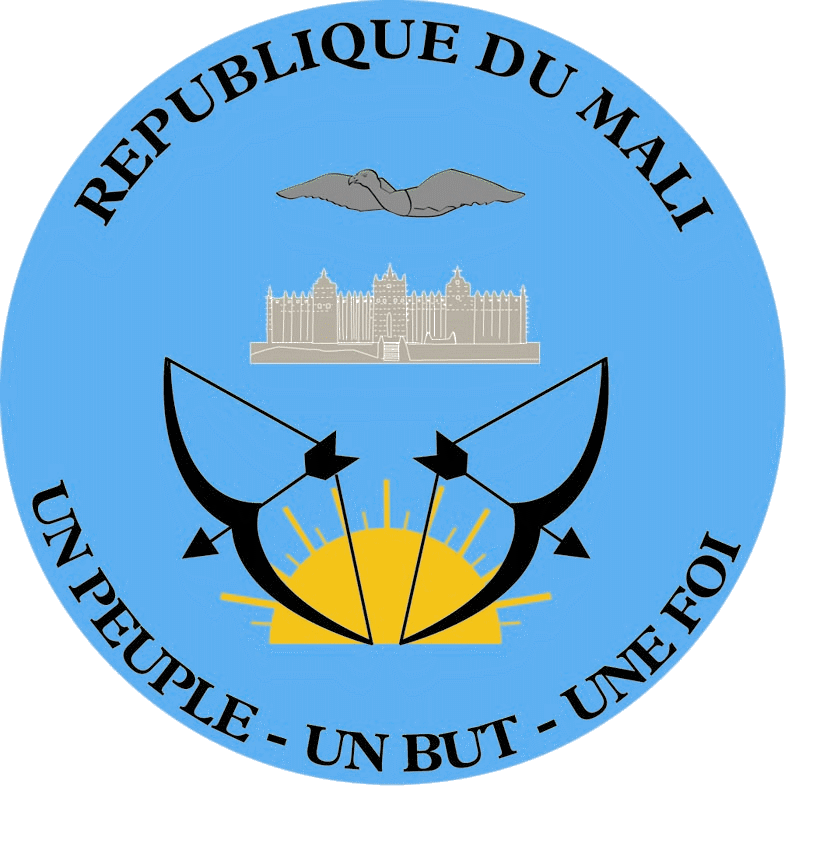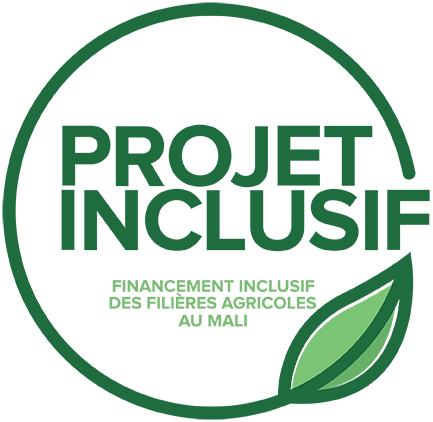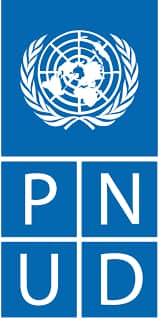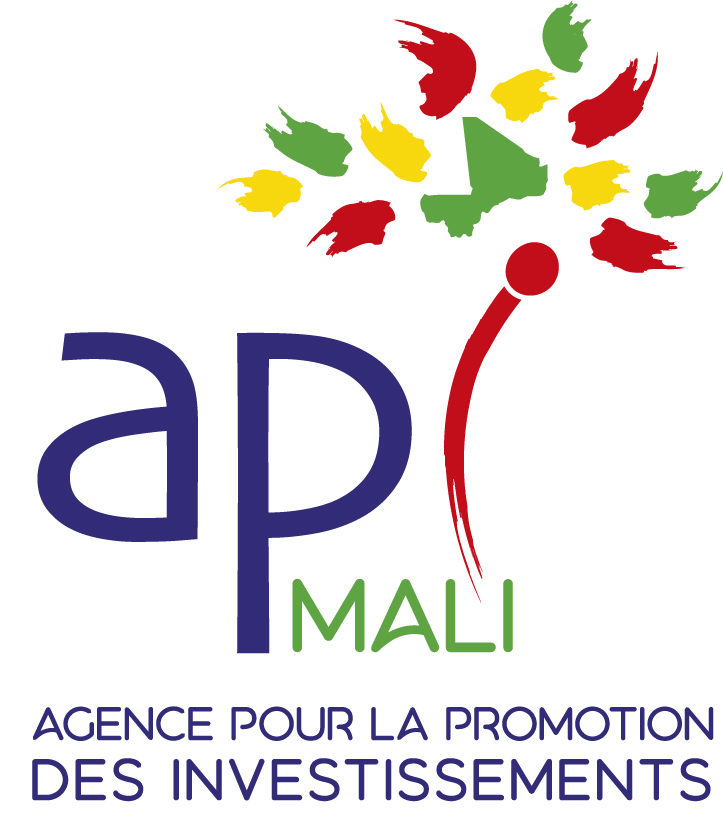
Gum Arabic
Mali has enormous potential for the production of gum arabic. Its annual production in 2018, 2019 and 2020 was 150,000 tonnes, 300,000 tonnes and 283,491 tonnes, respectively. The annual quantity exported is estimated at 16,000 tonnes, including 2,500 tonnes of friable gum and 2,000 tonnes of hard gum. Mali exported in 2018, 2019 and 2020 respectively 7,037,250 tonnes, 9,436,242 tonnes and 11,869,89 tonnes.
Mali offers two varieties of gum which are: hard gum, predominantly from Senegal acacia, and crumbly gum. Gum arabic from Mali is either colorless or yellowish and is characterized by its distinctive tasteless and toxin-free taste. It is available in very large quantities with an undeniable comparative advantage and an unbeatable price.
With more than 10,000 hectares of plantation, in Mali, gum arabic is produced in 6 of the 8 regions of the country. The Kayes region is the most important gum-bearing area dominated by acacia-Senegal, acacia-seyal and combretum are in dominance in the other zones.
In Mali, more than 370,500 people make a living from the production of gum arabic, of which 80% (296,400) are women. The industry stakeholders (nurserymen, producers, collectors, processors, traders and exporters) are grouped together in cooperative societies and unions of cooperative societies. With more than 10,000 hectares of plantations, gum arabic is produced in 6 of Mali’s 8 regions. The Kayes region is the most important gum-producing area, dominated by acacia-Senegal, while acacia-seyal and combretum are dominant in the other zones.The sector has industrial capacity for cleaning, granulometry and crushing of plant products, and packaging adapted to international standards, all of which are necessary to satisfy the most demanding buyers. As Malian gum Arabic is toxin free throughout the harvest, storage, processing and packaging processes, it can be used safely in a diverse number of areas.
In order to gain better access to the international and European markets, gum arabic stakeholders have opted for the use of a quality control system and organic certification, which is a non-legislative regulation. At this time, a certification process for gum arabic has been initiated, with its acquisition expected shortly.
Interprofessional sector Gum Arabic of Mali
Presentation of the IF-Gomme
The Interprofession of the actors of the sector
gomme (IF-Gomme Mali) was created in 2017
in accordance with the OHADA Act. It's a
private law organization.
National Office
The Board of Directors (CA) is the body
of administration and management of the Interprofession
Gum sector from Mali. Oversight Committee
The Supervisory Committee is the control body
internal.
IF-Gomme Mali branches
It concentrically groups together 206 companies
Cooperatives (SCOOPS) covering as many
administrative municipalities.
Name: Cheick Omar GUEYE
Position Busy : President (Interprofession Gum sector from Mali)
Phone: + (223) 76 42 25 74
Email: Ifgomme.mali@gmail.com / cheickomarg@yahoo.fr
IFM-Mali website:
Position Busy : President (Interprofession Gum sector from Mali)
Phone: + (223) 76 42 25 74
Email: Ifgomme.mali@gmail.com / cheickomarg@yahoo.fr
IFM-Mali website:

Arabian Gum Sector Support Project and Program
food and agriculture organizations of the United Nations in Mali (FAO-MALI)
Mali is rich in natural resources and the biophysical conditions are favorable for agriculture. The rural sector relies on traditional knowledge and know-how, a dynamic ecosystem of actors with more than 15,000 agricultural organizations, agro-industrial operators and business development service providers.
However, the agricultural sector suffers from: limited investments in upgrading the value chain to improve performance and competitiveness; high vulnerability to climatic hazards and environmental factors. Changes in rainfall and temperature have increased pressure on natural resources and have had negative effects on agricultural production and contributed to tensions and insecurity within and between communities. Climate change is proving to be an important factor in the dynamics of security in Mali and requires decisive and integrated action including the integration of gender and youth.
The Government of Mali promotes the development of Agropoles as modern farms for the production, processing and marketing of agricultural products. Main dans la Main (MdM) in Mali intends to work with the Government and its partners to support an integrated approach to the development of Agropoles, by strengthening their impact on poverty, sustainability and inclusion which contribute to the stabilization and development process. economic empowerment of Mali.
Hand in Hand support combines:
The Government of Mali promotes the development of Agropoles as modern farms for the production, processing and marketing of agricultural products. Main dans la Main (MdM) in Mali intends to work with the Government and its partners to support an integrated approach to the development of Agropoles, by strengthening their impact on poverty, sustainability and inclusion which contribute to the stabilization and development process. economic empowerment of Mali.
Hand in Hand support combines:
- the inclusion of women and young people in Agropoles, and the strengthening of their agro-entrepreneurship and equity to improve their competitiveness and marketing;
- strengthening the resilience of smallholders to climate change (in connection with the Great Green Wall for the Sahel initiative, PRP-AGIR) and facilitating agro-ecological transition (e.g. land restoration, management water);
- facilitation of the digitization process of selected value chains.
Presentation of FAO's Hand in Hand Project Representation in Mali


Reinforced Integrated Framework of Mali (CIR)
The development of the gum arabic sector relies on political will clearly
affirmed by the highest authorities of Mali. Indeed, the President of the Republic in his
framework letter addressed to the Prime Minister in October 2002, invited the Government to
initiate a vigorous and coherent policy with a view to developing, transforming, and
market agricultural products through the strengthening of the main sectors and the
promotion of harvesting resources such as gum arabic and shea
Name: Mr. Dansinè COULIBALY
Occupied position : National Coordinator of the Reinforced Integrated Framework (CIR - MALI)
Phone:
Mobile:
Email:
Website of the Reinforced Integrated Framework of Mali: https: //www.cirmali. org /
Occupied position : National Coordinator of the Reinforced Integrated Framework (CIR - MALI)
Phone:
Mobile:
Email:
Website of the Reinforced Integrated Framework of Mali: https: //www.cirmali. org /


Inclusive Project
The INCLUSIVE project, co-funded by IFAD and the Kingdom of Denmark, is scaling up Acquired from the IFAD-funded Rural Microfinance Program (PMR) and the Private Sector-Stimulated Economic Growth and Employment Promotion Program (PACEPEP) funded by Denmark. Its vision is to promote a sustainable transformation of agricultural sectors by improving financial inclusion and economic partnership between actors from poor groups, including women and young people, and their organizations, to small and medium-sized agricultural enterprises and agro-food.
Name: Dramane SIDIBE
Position Occupied: Director of the INCLUSIVE Project
Inclusive Project Website: http://inclusifmali.org/ < / div>
Position Occupied: Director of the INCLUSIVE Project
Inclusive Project Website: http://inclusifmali.org/ < / div>


African Women’s Entrepreneurship Program or African Women Entrepreneurs Program (AWEP)
Is an autonomous group of people willingly united to meet their common economic, social and cultural aspirations and needs , by means of a company whose ownership and management are collective and where power is exercised democratically and according to the cooperative principles governed by these statutes, based on the principles of union, solidarity and mutual assistance for good -economic and social being of its members; created in accordance with the relative uniform act of OHADA (the Organization for the Harmonization in Africa of Business Law) on cooperative societies adopted on December 15, 2010 in Lomé in the Republic of Togo.
The duration of the AWEP-MALI Center of the cooperative society with board of directors "C. AWEP-MALI-COOP-CA" is 99 years from its registration in the register of cooperative societies of the local social development service and the solidarity economy of the municipality II except extension or early dissolution.
The AWEP-MALI Center of the cooperative society with board of directors "C. AWEP-MALI-COOP-CA" aims to:
The duration of the AWEP-MALI Center of the cooperative society with board of directors "C. AWEP-MALI-COOP-CA" is 99 years from its registration in the register of cooperative societies of the local social development service and the solidarity economy of the municipality II except extension or early dissolution.
The AWEP-MALI Center of the cooperative society with board of directors "C. AWEP-MALI-COOP-CA" aims to:
- Promote income-generating activities (market gardening, processing of local products, fattening, cereal bank, etc.)
- Promote all socio-economic and cultural development actions of women;
- Develop solidarity between women;
- Defend the rights and interests of women with public authorities and institutions;
- Promote the import-export of women's products;
- Equip with agro-pastoral equipment and useful for women;
- Create the Center for socio-economic reintegration;
- Promote hygiene, sanitation and health activities;
- Seek funding for women's projects and businesses;
- Promote good governance;
- Promote employment;
- Marketing local processed products;
- Promote partnership;
- Participate in national and international fairs;
- Develop the cooperative spirit of members.
















